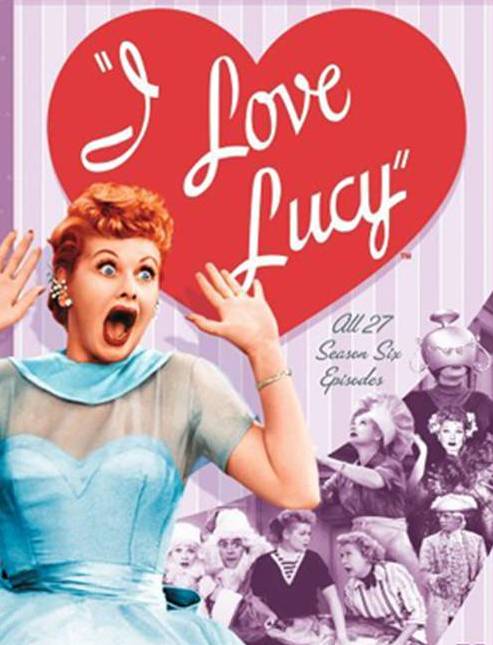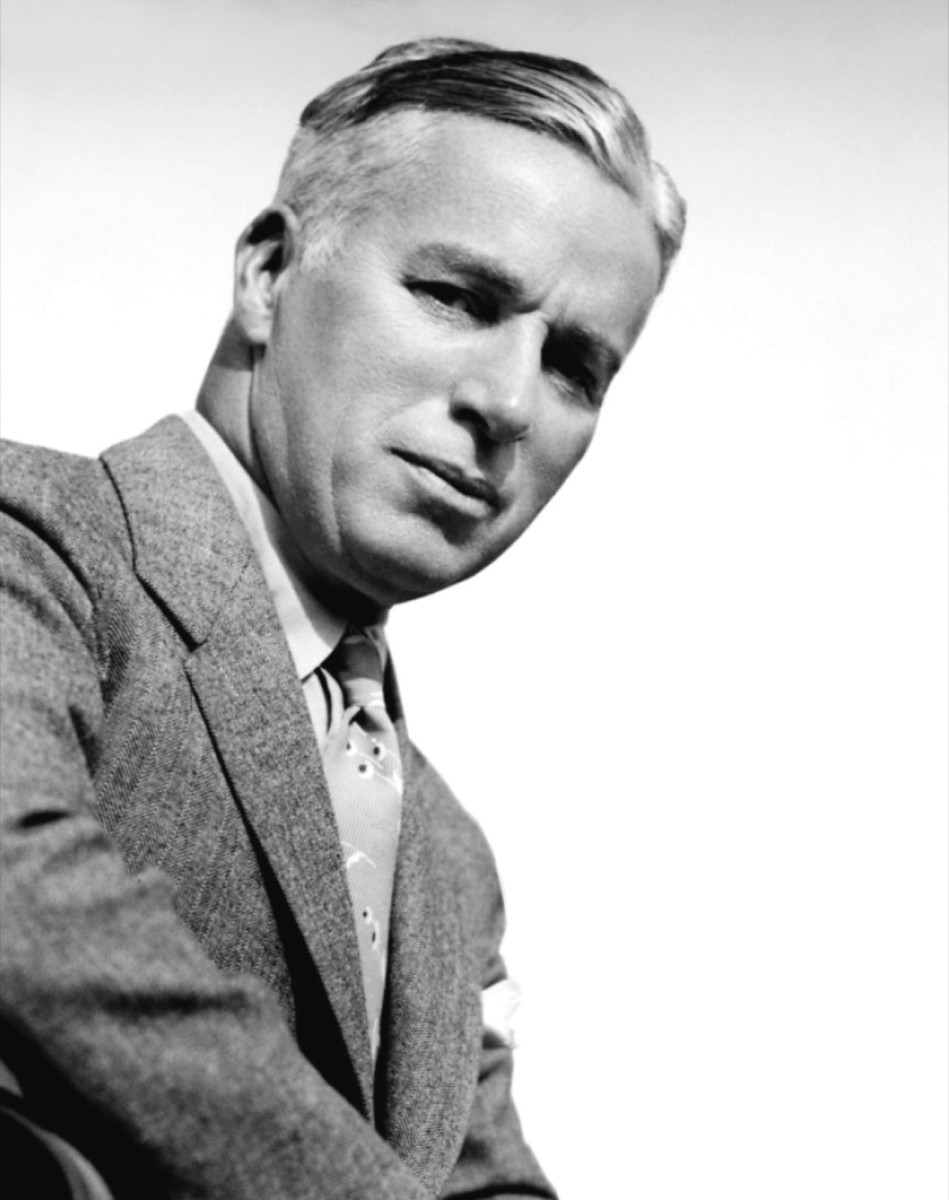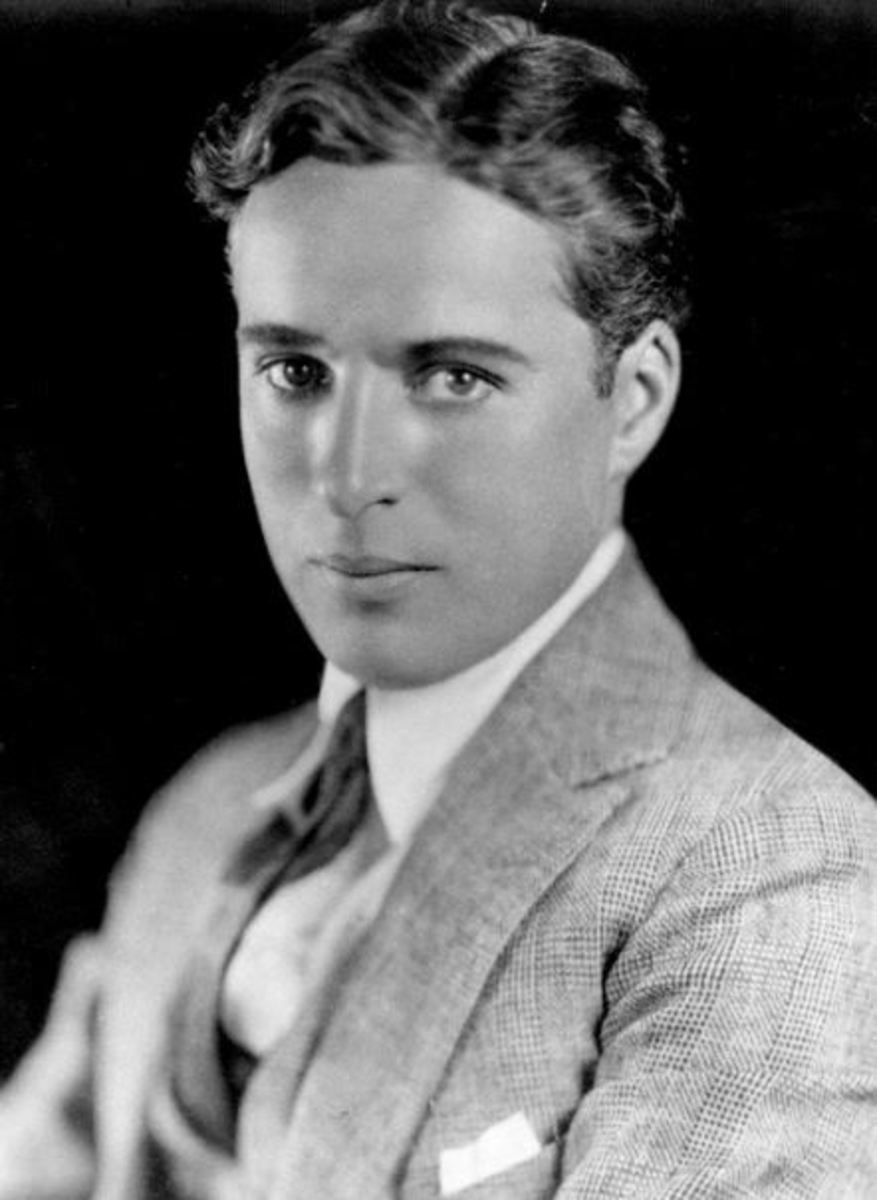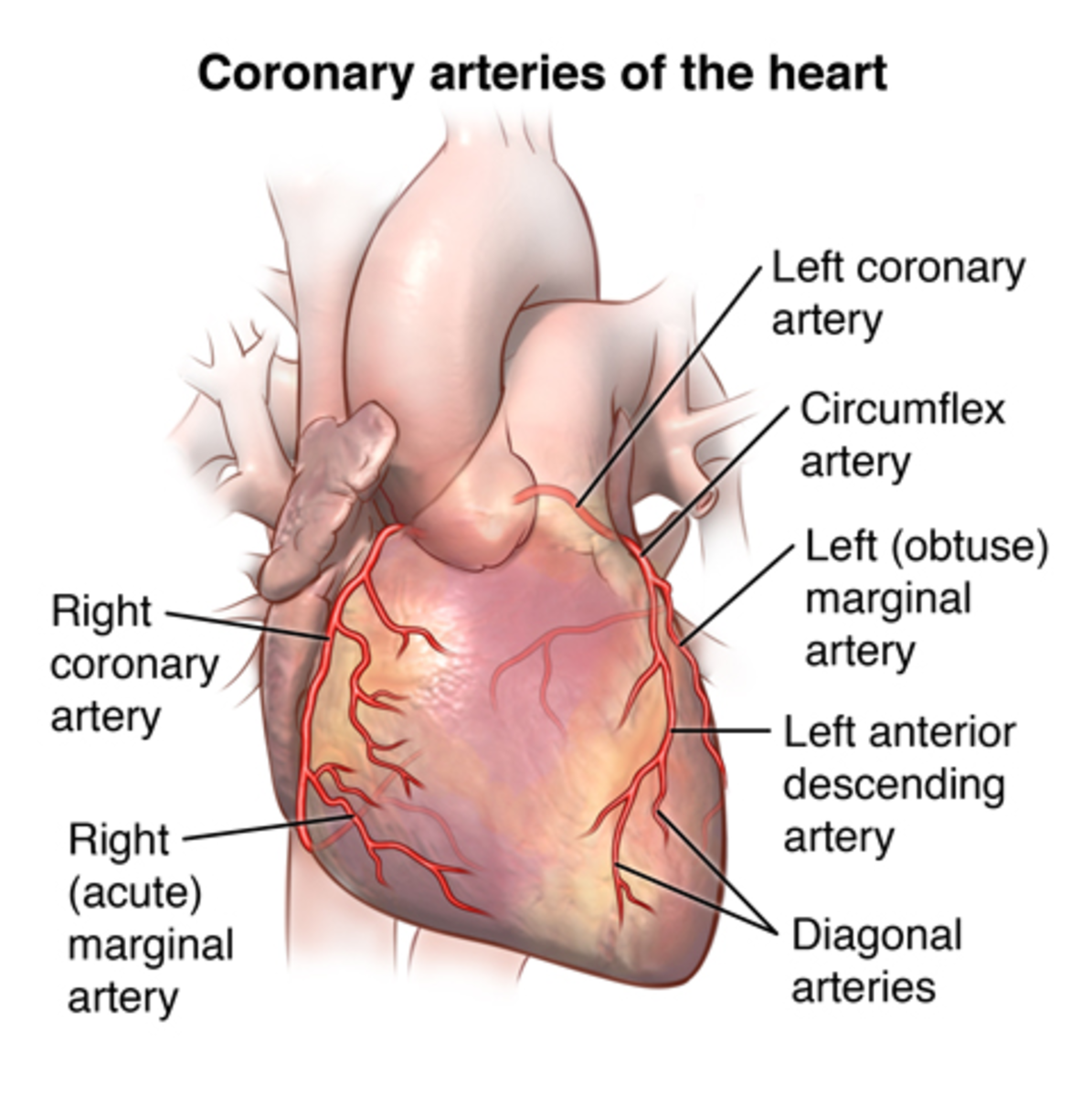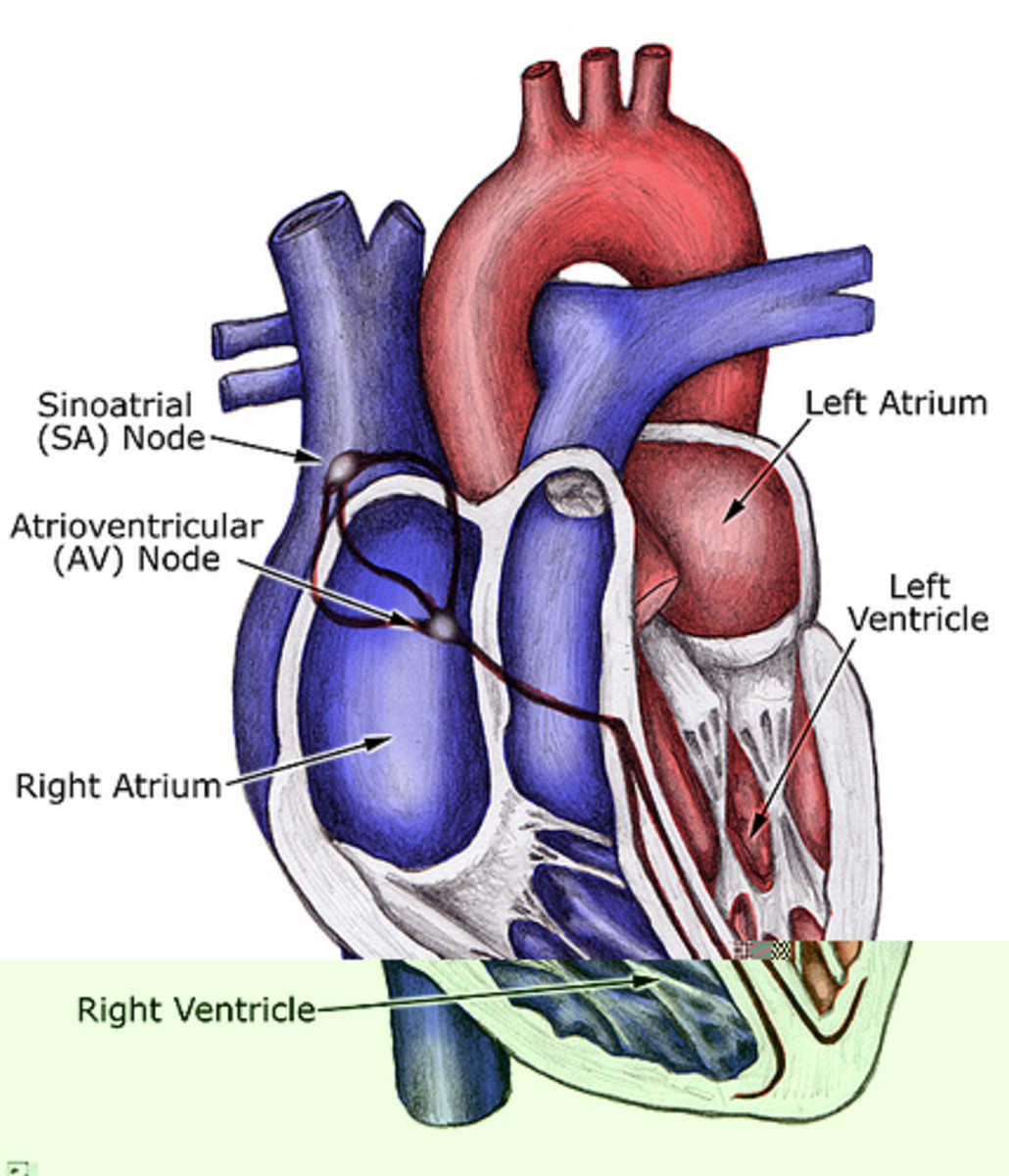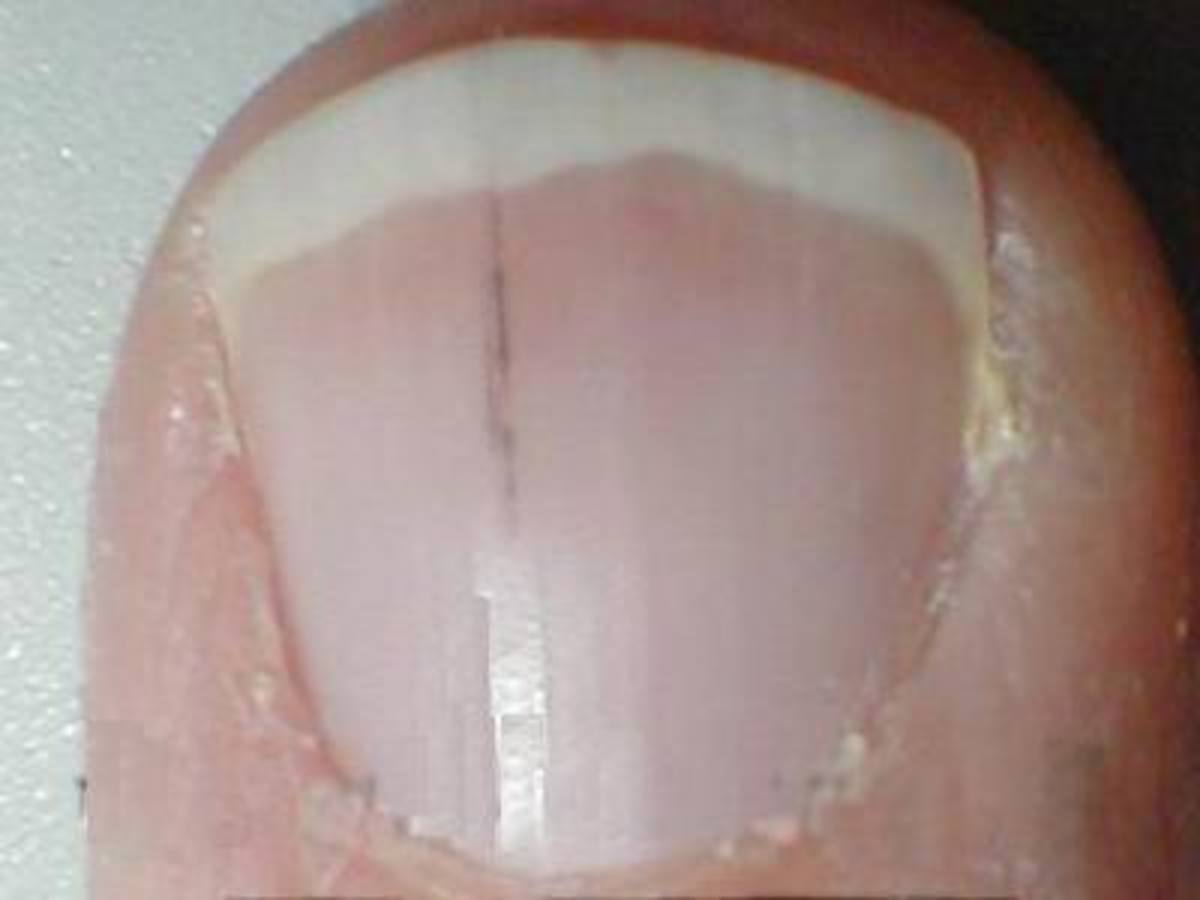Shall We Lol?
LOL!

Those who enjoy silly humour are one-third more likely to be happy than those who do not.
So many tangles in life are ultimately hopeless that we have no appropriate sword other than laughter. ~Gordon W. Allport
This world does not laugh enough. BUT! And just because i am a hopeless romantic, or the type who never loses hope on mankind, i see the rise of virtual laughter, or 'Lol'ling or 'lots of laugh', or 'laugh out loud' via social networking. I love whenever someone lol's in facebook, text's or Tweets it. So, the more lols everyone gives away will be the making of happier homes, communities and ultimately our planet. So, Lol away everyone!
We must, and i mean, must, LAUGH. And you ask, what's there to laugh about? It's hard to imagine how people are coping these days with bad news coming from every corner of the world. Stress and worry are at an all time high, so many are suffering from mental illness. We must laugh.
My best memory on the value of laughter was my daily lunches with my five girl cousins, whose home was a stone's throw away from school. They lived rather simply, but they were the happiest people i knew. They sang happy and funny songs, joked and teased each other, danced without shame, and surprisingly, enjoyed doing chores. In my young mind, those images made indelible marks. It was then that i realized, life was not about having a lot of money, nor was it about everything going right. It was about making the best of what you have and valueing those you love. Laughter is too valuable to ignore. Scientific evidence prove that laughing improves health, lower blood pressure, reduce stress hormones, increase muscle power, enhance learning, and boost immunity. Laughter releases endorphins inside our bodies that makes us healthier and happier, and there are no side effects. Studies with hundred of adults established a direct correlation between happiness and humour. The ability to laugh, whether at life itself or at a good joke, is a source of satisfaction.
Laughter is now widely used to improve health. Patients at Duke University’s Comprehensive Cancer Center have been learning about the benefits of laughter since 1976. By giving patients opportunities to create, laugh, and play, Duke’s Oncology Recreation Therapy Program matches medical care with music, games, arts and crafts, and laughter. Laughter puts patients in a more positive frame of mind about their situation and treatment, and it helps them combat fear, fatigue, nausea, and sleeplessness.
The first documented case of laughter improving health was done in 1964 by Norman Cousins. He calls laughter "internal jogging." Cousins had been diagnosed with a life-threatening illness, an experience that had led him to question Western medicine. Cousins found the treatments suggested by his doctors to be totally lacking, so he checked himself out of the hospital and checked into a hotel. From here on, he literally laughed himself back to health. He found that 15 minutes of hearty laughter produced two hours of pain-free sleep for him. He immersed himself in only funny movies and television shows. He enjoyed every one of the Charlie Chaplin movies, and watched "Candid Camera" episodes until his sides hurt, laughing. His illness disappeared. From this experience, he wrote an enlightening book, "Anatomy of an Illness."
Natural Humour
Naturopath Avah Sparks explains, “In my work I bring humour to the tragedy of life. I help people laugh at their own humanity, their imperfections. When people embrace their own imperfections they let go of the need to protect their image. Life’s more fun. People are healthier.”The ability to laugh at a situation can foster a positive and hopeful attitude. Humour gives us a sense of perspective on our problems.
Laughter on the Web
Laughter resources on the web are plentiful, such as local laughter club at laughteryoga.org. One can find plenty of good information and resources for laughter at worldlaughtertour.com. At jesthealth.com there's an extensive list of research resources for humour associations and publications, and other resources when one needs a laugh.
The Bible suggests that we keep a happy heart to stay healthy: "A cheerful heart does good like a medicine: but a broken spirit makes one sick." Proverbs 17:22
Remember Chaplin:...
Remember those who made us laugh, like comedian Charlie Chaplin? Why the big success? A gifted man who's working life in entertainment spanned over 75 years. Chaplin started out at the Victorian stage and the Music Hall in the United Kingdom, as a child performer almost until his death at the age of 88. In 1999, the American Film Institute ranked Chaplin the 10th greatest male actor of all time. In 2008, Martin Sieff in a review of the book Chaplin: A Life, wrote: "Chaplin was not just 'big', he was gigantic. In 1915, Chaplin burst onto a war-torn world bringing it the gift of comedy, laughter and relief while it was tearing itself apart through WW1. Over the next 25 years, through the Great Depression and the rise of Hitler, he stayed on the job. It is doubtful any individual has ever given more entertainment, pleasure and relief to so many human beings when they needed it the most. And there were others, like Lucille Ball, who made the world laugh, on the tube, night after night. Their gift of humor did many of us a whole lot of good. We can certainly use a lot of it now. So, laugh!
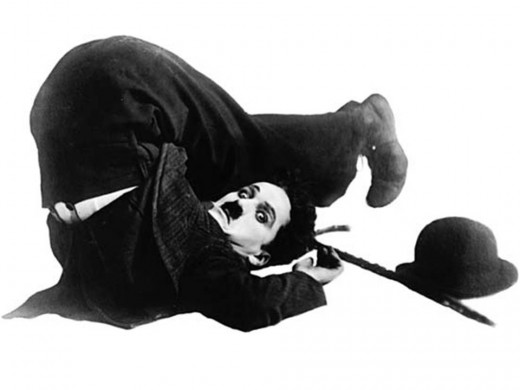
Laughter is used as a signal for being part of a group — it signals acceptance and positive interactions with others.
Laughter is defined as an audible expression or appearance of happiness, or an inward feeling of joy. It may ensue as a psychological reaction from jokes, tickling, and other stimuli. It is found among animals, as well as in humans. It is a part of human behavior regulated by the brain, helping humans clarify their intentions in social interaction and providing an emotional context to conversations. Laughter is used as a signal for being part of a group — it signals acceptance and positive interactions with others.
Common causes for laughter are sensations of joy and humor, however other situations may cause laughter as well. A general theory that explains laughter is called the relief theory. Sigmund Freud summarized it in his theory that laughter releases tension and "psychic energy". This theory is one of the justifications of the beliefs that laughter is beneficial for one's health. This theory explains why laughter can be as a coping mechanism for when one is upset, angry or sad.
Laugh Medicine
Many studies have been done to prove, laughter can reduce the levels of chronic stress in our body, enhance our lifespan, boost immune system function, protect our nervous system and sanity, and give our endocrine system a much-needed rest.
Laughter is a healing activity. Remember the movie called "Patch Adams," about a real life doctor who uses laughter as healing?
Laughter moves lymph and oxygenates our organs. At the biophysical level, laughter moves lymph fluid around your body simply by the convulsions we experience during the process of laughing; so it boosts immune system function and helps clear out old, dead waste products from organs and tissues.
Laughter increases oxygenation of our body at both the cellular and organ level. By laughing, we intake vast amounts of oxygen in huge gulps, and we repeat this process in a sort of temporary hyperventilation session. This is the natural result of laughter, and if we watch someone laugh, we will notice these biophysical effects.
Why is oxygen important for us? Oxygen is one of the primary catalysts for biological energy in the human body. We breathe in oxygen and exhale carbon dioxide, so oxygen is an element of intracellular energy that's absolutely necessary to sustain human life.
It's also important to note that cancer cells are destroyed in the presence of oxygen. In fact, many parasites and bacteria don't survive well in the presence of oxygen, and to the extent that we can circulate extra oxygen throughout our body, we can help prevent, or in some cases treat, these diseases.
This is one reason why we see an increasing number of so-called "oxygen bars" in the United States and other countries. People enjoy going to these bars and breathing a much higher concentration of oxygen, because they say it gives them greater mental clarity.
Laughing boost the circulation of our blood; exercising abdominal muscles, the muscles of the face; and enhancing the flexibility of various joints throughout the body.
The harder we laugh, the greater the effect. If we can find a way to put ourselves into a state of rolling, outrageous laughter, we're going to get a fantastic physical workout from it.
